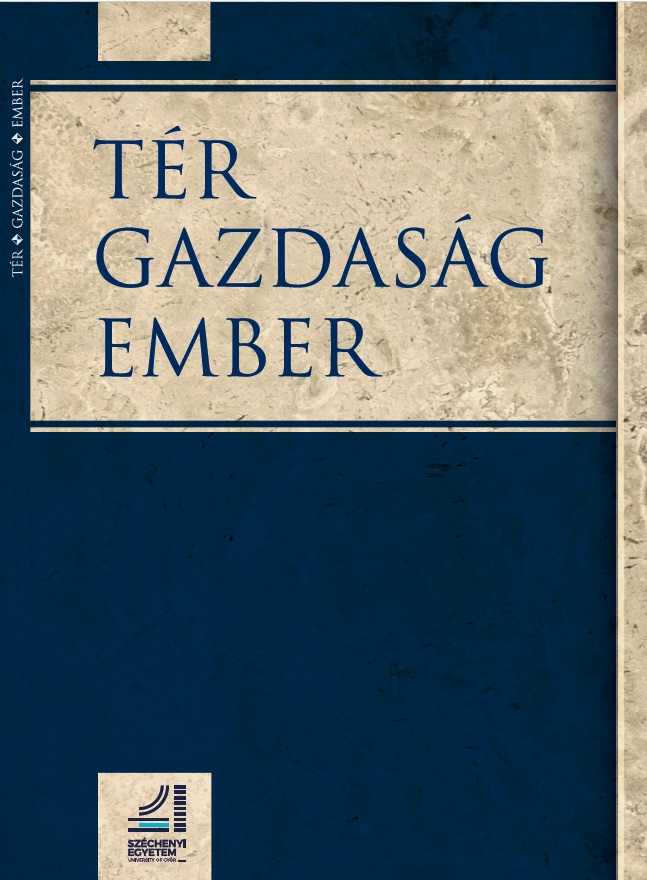Segmenting Generation Y based on TFEQ andDEBQ for clustering
Kulcsszavak:
DEBQ (Dutch Eating Behaviour Questionnaire), Generation Y, eating styles, segmentation, TFEQ (Three Factor Eating Questionnaire)Absztrakt
Investigating the youth, especially members of Generation Y, is a challenge for theoretical and practical researchers, too. An epidemic of the 21st century is overweight and obesity, which is a consequence of inappropriate eating habits and a sedentary lifestyle. Overweight and obesity is a serious problem for young people, since the ratio of obese young people (below 35) is constantly increasing in the developed regions of the world. In an empirical research 589 adults under 35 were questioned. The aim of the research was to segment Generation Y based on their eating behaviour measured on TFEQ (16 items) and DEBQ (33 items). Relying on the results of TFEQ 16 (386 people) three main consumer groups can be distinguished, namely functional eaters (49.2%), Carpe diem and YOLO (31.1%) and emotional eaters (19.7%). The authors identified almost the same groups in the case of DEBQ (154 people), where they distinguished functional (45.5%), emotional (13.6%), conscious (20.8%) and delighted eaters (20.1%). Clustering people based on their eating behaviour is useful for food producers, restaurants and diet experts to offer a special products for young people belonging to Generation Y.
Megjelent
Folyóirat szám
Rovat
License
Copyright (c) 2025 Tér - Gazdaság - Ember

This work is licensed under a Creative Commons Attribution-NonCommercial 4.0 International License.


